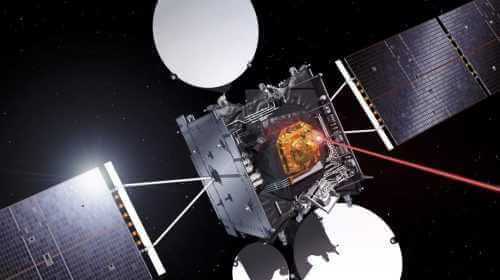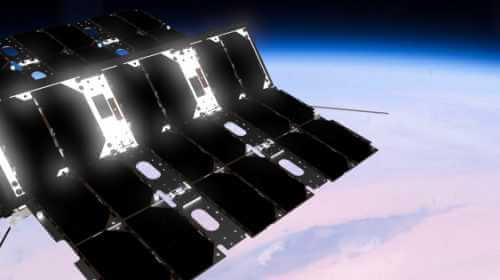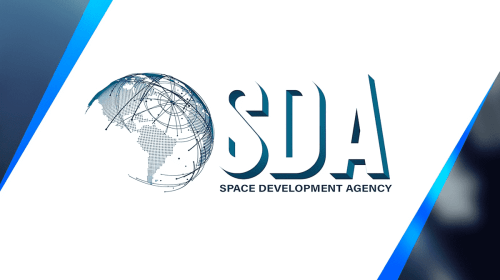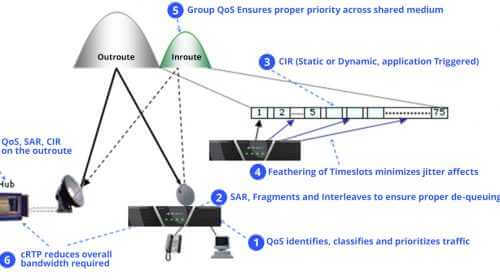With a combination of large expanses of rolling plateaux, scattered hills and savannah, the Central African Republic (CAR) is a landlocked nation with a population of around 5.5 million. The majority of the population (60 percent) live in outlying rural areas, making communications rollout a challenge.
Landlocked State in Need of Communications
The country’s economic backbone relies upon subsistence farming which produces over half the country’s GDP, but export earnings are dependent upon the mining of diamonds and also on timber. The CAR economy could reap the benefits of satellite technology, especially VSAT, which is easily and rapidly deployed to form a network in the remote areas where the forestry and mining industries are located. At present connectivity is really only available in the main cities such as Bangui. However, using a VSAT network, this can be easily, and cost-effectively augmented and rolled out to help assist mine owner, forestry companies and also farmers, to make the most out of their businesses by connecting to the global marketplace through the Internet, to enhance communications and make operations more efficient and safer.
Communications infrastructure in the region is very much in the development phase with a fixed line telephone services accessible by 1 person in every 100. However, the demand for mobile phone services is growing year on year and, to date, mobile subscriptions stands at 1.1 million. The mobile services had been very much restricted to Bangui, but since 2006, MNOs have started to gradually expand their services. VSAT services can be an important and cost-effective tool for MNOs to make this expansion rapid and cost-effective. With no requirement for prior infrastructure, they eliminate the need for costly building of cellular towers, and may be deployed anywhere, in the most remote regions, to provide Internet broadband and to open up the world of the Internet to communities.
Healthcare is another important aspect of the CAR, where many are affected by preventable and treatable diseases such as HIV, malaria and malnutrition. VSAT networks can enable healthcare providers to set up remote clinics and to conduct telemedicine with doctors located in the main cities of CAR. These networks can also provide invaluable access to healthcare information services that can educate men, women and children in prevention of disease and to give directions to follow to enable them to be pro-active and to take control of their own health. Access to a communications network also empowers healthcare professionals to communicate with other practitioners, to order medicines and to even conduct some surgery remotely, via satellite links.
BusinessCom Services in C.A.R.
Specialising in these vital VSAT networks, BusinessCom Networks is on hand to talk through your specific requirements, whether it is a telemedicine network or a network to improve mine safety and miner’s welfare. We have already had the opportunity to partner with War Child, an NGO based in Bangui, helping impoverished children in the country. You can read the full story here: BusinessCom for War Child. Our flexible solutions have the potential to make a tangible difference across CAR:
- Broadband Internet access
- Toll quality VoIP and Videoconferencing with CIR
- Reliable SLA through FDMA and D-TDMA with 98% efficiency on payload
- Star, Mesh and hybrid Star/Mesh topology networks
- Full support of accelerated VPN, CITRIX, ERM and other business applications
- Highly secure operation with optional AES embedded encryption
- Global C-Band coverage and sub-Sahara Ku-Band
- Landing at top tier redundant IP facilities in Western Europe and United States
- Sentinel-based QoS, bandwidth management and optimization platform





